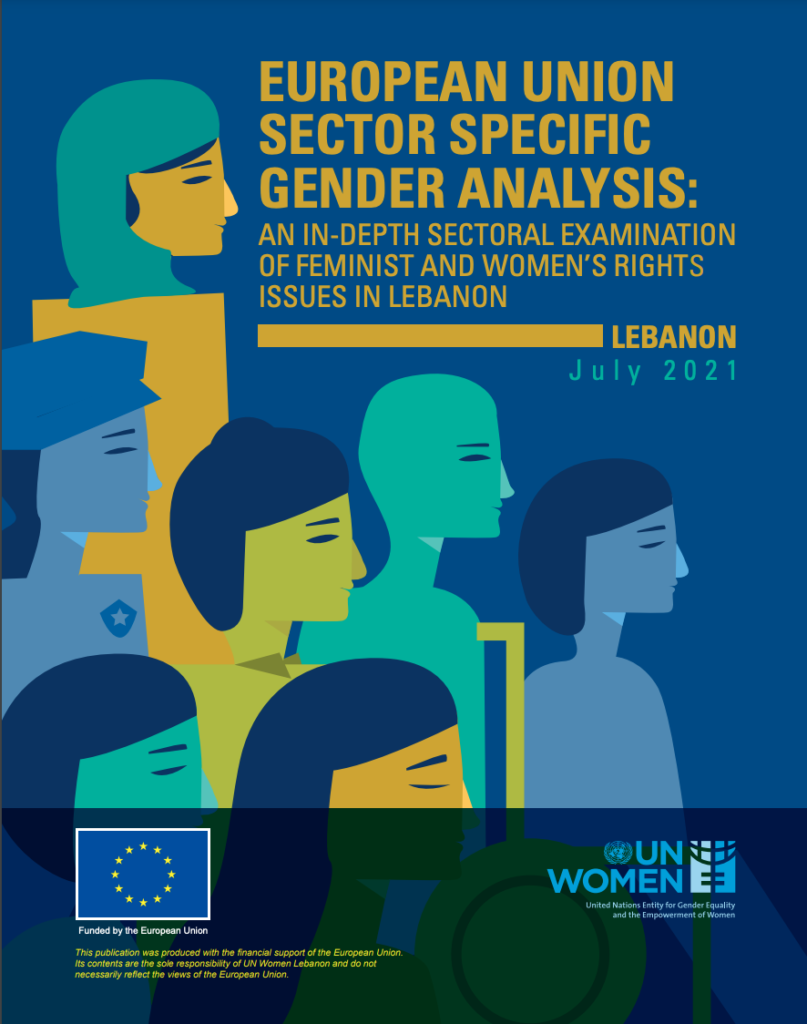In response to the evolving requirements of gender-sensitive policymaking for the European Union’s 2021-2027 programming cycle, UN Women commissioned Triangle to develop a comprehensive Gender Analysis for Lebanon. This research deepened the understanding of gender dynamics across various sectors such as livelihoods, protection, and governance. The publication explored the status of women and girls in Lebanon, focusing on delivering a nuanced analysis that could inform the EU’s future gender mainstreaming strategies. The study employed a robust mixed-methods approach, gathering both quantitative and qualitative data through engagements with civil society, feminist groups, and other stakeholders. This ensured a broad and inclusive view that captured the lived experiences and challenges faced by women in Lebanon.
Triangle’s findings revealed significant disparities affecting women, particularly in their participation in economic and governance structures. These findings pointed to a need for targeted policy interventions that could address these gaps and promote gender equality. Based on this detailed analysis, Triangle recommended several strategic reforms aimed at bolstering women’s rights and inclusion. The recommendations stressed the importance of integrating gender perspectives comprehensively into all sectors of governance and development. Such measures are intended to not only align with, but actively advance, the EU’s objectives under the broader Sustainable Development Goals framework, particularly those promoting social justice, conflict prevention, and inclusive growth.
This publication contributes to the ongoing discourse on gender equality in Lebanon, providing key stakeholders with the insights needed to implement effective and transformative changes within the framework of international cooperation and development.
